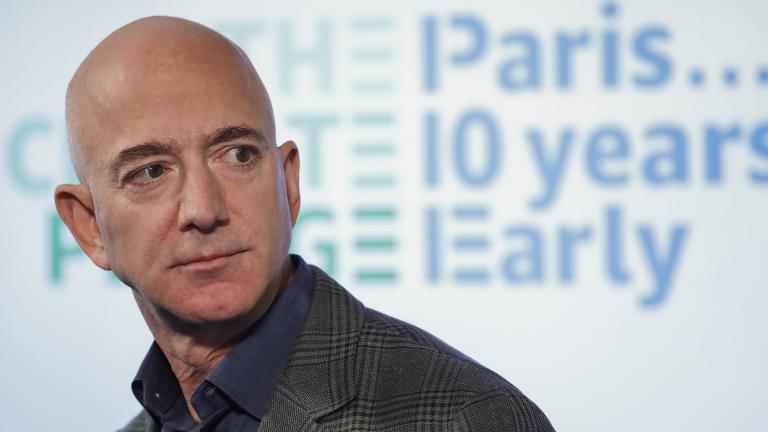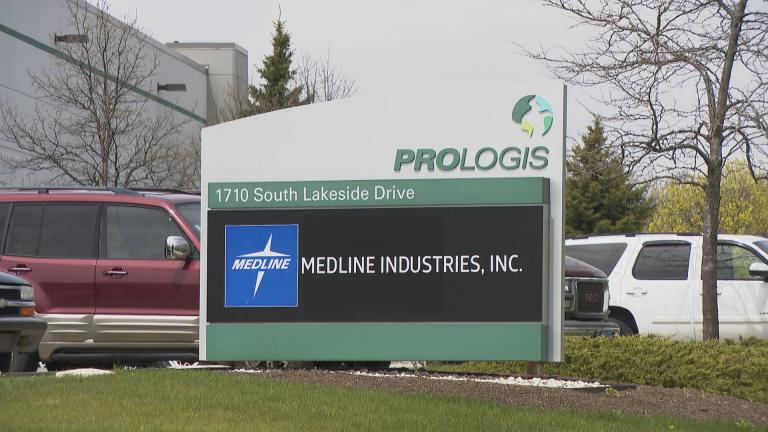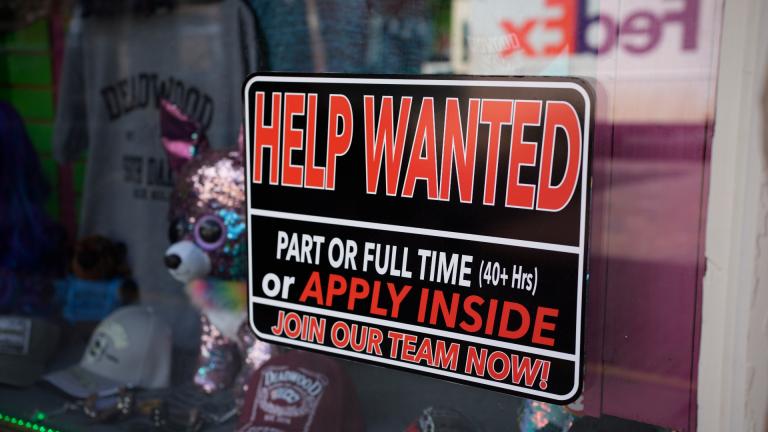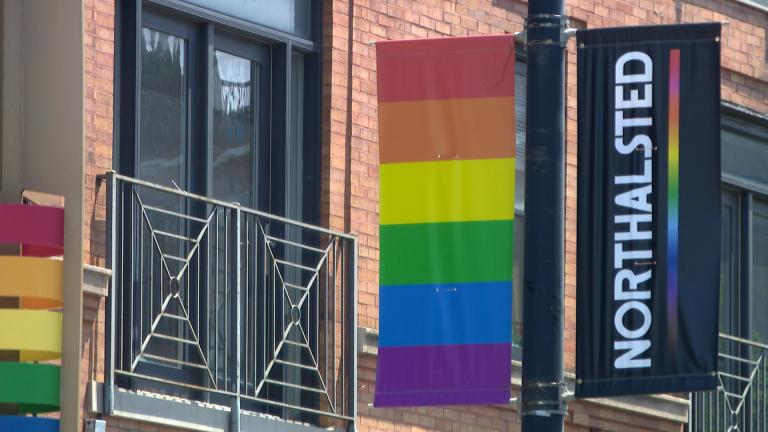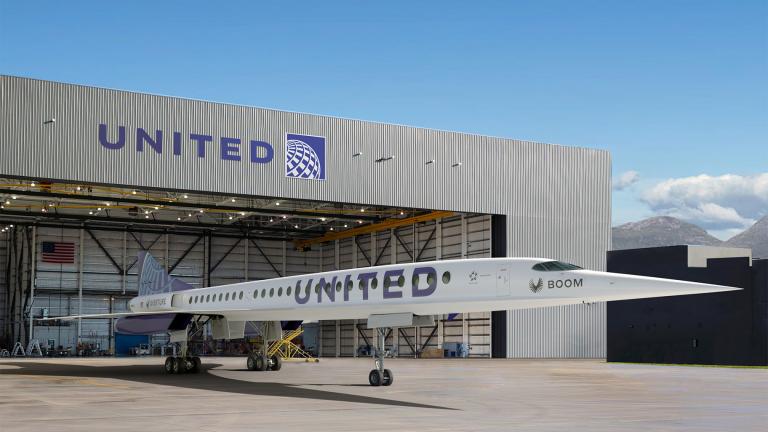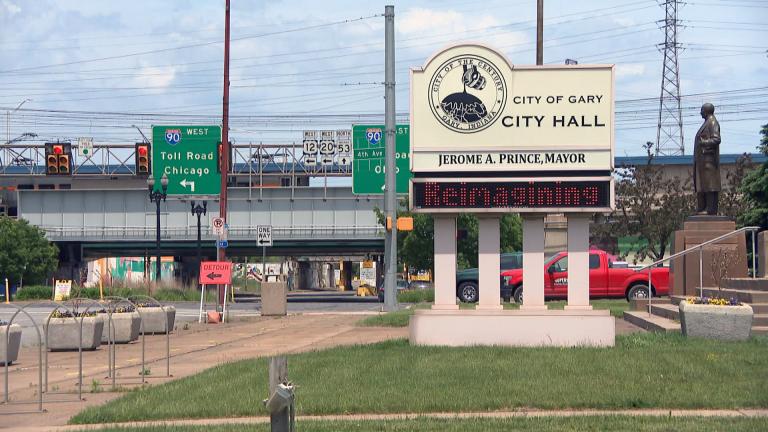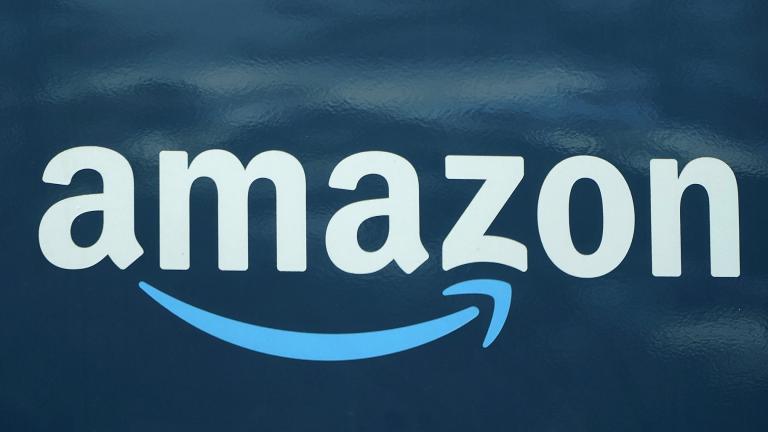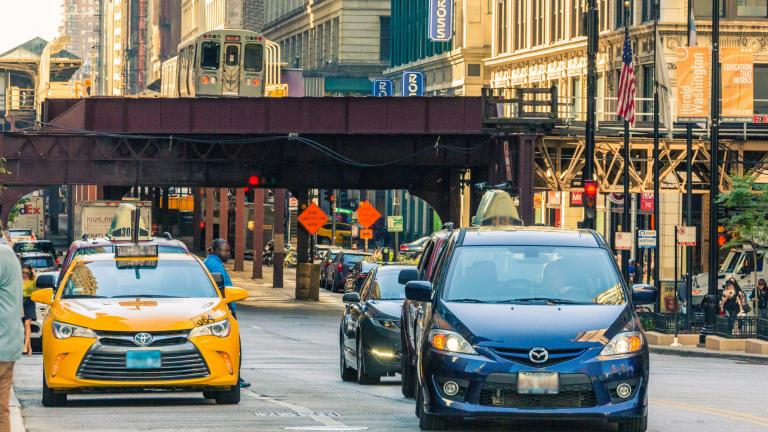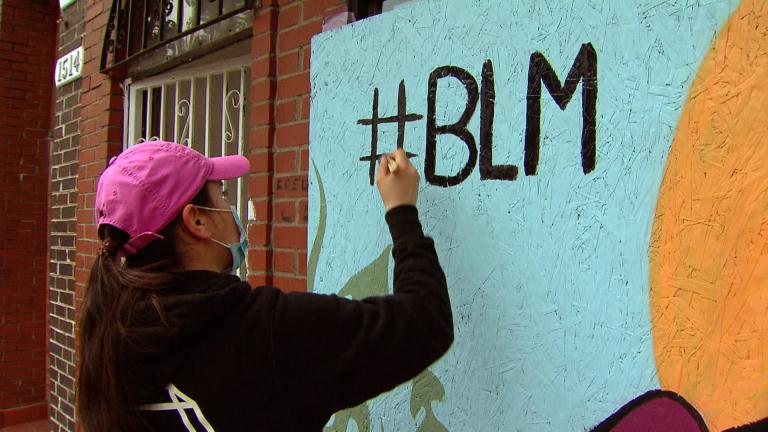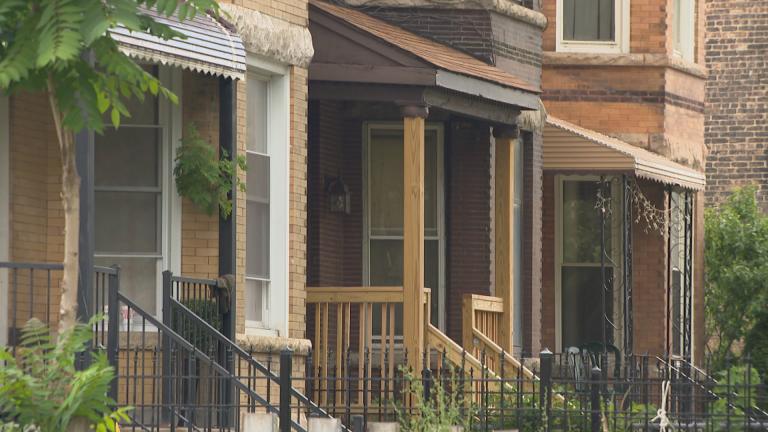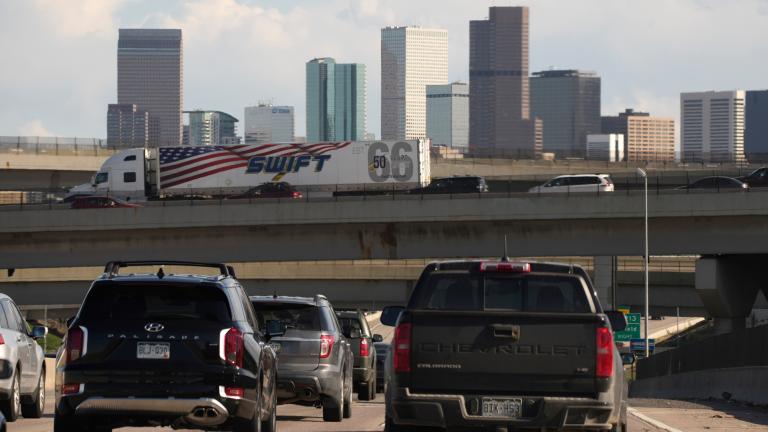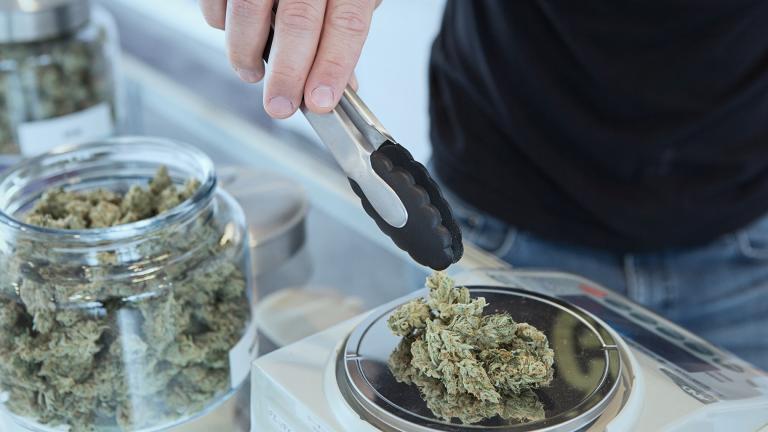Business
Overall, the richest 25 Americans pay less in tax — an average of 15.8% of adjusted gross income — than many ordinary workers do, once you include taxes for Social Security and Medicare, ProPublica found.
A massive buyout of a Chicago-area medical supply company. Crain’s Chicago Business editor Ann Dwyer takes us behind the headline of that story and more.
The Spanish government hopes to welcome 14.5 million to 15.5 million visitors between July and September. That’s about 40% of the tourists in the same period of 2019 but twice as many as last summer, when only EU visitors could enter Spain.
The Group of Seven wealthy democracies agreed Saturday to support a global minimum corporate tax of at least 15% to deter multinational companies from avoiding taxes by stashing profits in low-rate countries.
Hiring in the United States picked up in May yet was slowed again by the struggles of many companies to find enough workers to keep up with the economy’s swift recovery from the pandemic recession.
The French government announced Friday that it is removing the need for coronavirus tests for vaccinated Europeans. It also is allowing vaccinated tourists from most of the rest of the world, if they have a negative test.
Northalsted, formerly called “Boystown,” is known as the center of LGBTQ life in Chicago. As Pride celebrations begin, the community has just started to recover the vibrant character that made it famous following last year’s pandemic and civil unrest.
United Airlines aims to bring back supersonic travel before the decade is over with a plane that has yet to be built.
It’s an idea that’s grown increasingly popular in recent years: guaranteed or universal basic income payments. Now, a pilot program is launching just outside Chicago, where more than 100 residents have started to receive monthly payments of $500.
Amazon, the second-largest private employer in the U.S. behind Walmart, is making the change as states legalize cannabis or introduce laws banning employers from testing for it.
A Chicago alderman wants ride-share companies to cap surge pricing amid a driver shortage, and drivers want Uber and Lyft to do more to keep them safe.
A year after the murder of George Floyd — and the corporate statements in support of racial equity that followed — some corporations say they are working toward an equitable economic recovery. We learn about the Chicago Community Trust’s new Move to Action initiative.
New rules for Chicago’s home-sharing industry are set to take effect Tuesday, including a ban on short-term rentals that last only one night, in an effort to block huge parties that have become a regular nuisance in some neighborhoods.
Mayor Lori Lightfoot kicked off a firestorm of criticism when she announced that interviews about her second anniversary as mayor would only be given to reporters of color. We speak with leaders of local journalist associations on the role of diversity in newsrooms.
More than 1.8 million people went through U.S. airports on Thursday, and the number was widely expected to cross the 2 million threshold over the long holiday weekend — that would be the highest mark since early March 2020.
The number of marijuana dispensaries may soon soar, with Gov. J.B. Pritzker set to sign into law a measure intended to bring racial diversity to a burgeoning industry that has so far eclipsed entrepreneurs of color.

